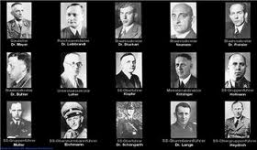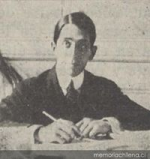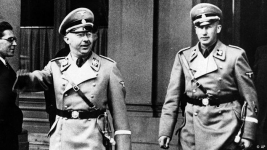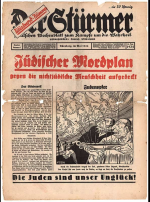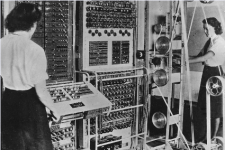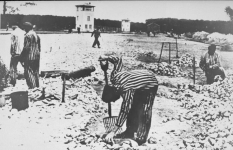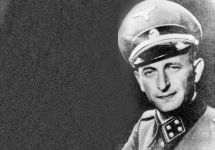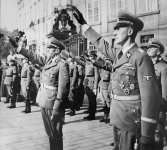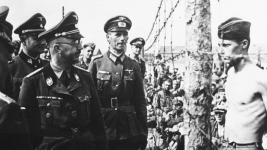Lefty
Well-known member
The strategic bombing campaign was absolutely fundamental to winning the war when it did. That it targeted population centres sometimes was because that was where the rail communication hubs were, which were central to the German war effort, where the munitions factories were and where the workforces for these factories were. This was crucial to the Eastern Front as well as the Western.
A good example is the King Tiger. 1500 were ordered, but only 492 were ever produced. That's 2/3 never made it to the battlefield. 657 alone were lost due to 5 bombing raids in late September/early October 1944.
If you are bothered about the losses, ask yourself how many more Jewish women and children would Auschwitz have got through in another year or two and with a nice rail network?
A good example is the King Tiger. 1500 were ordered, but only 492 were ever produced. That's 2/3 never made it to the battlefield. 657 alone were lost due to 5 bombing raids in late September/early October 1944.
If you are bothered about the losses, ask yourself how many more Jewish women and children would Auschwitz have got through in another year or two and with a nice rail network?


